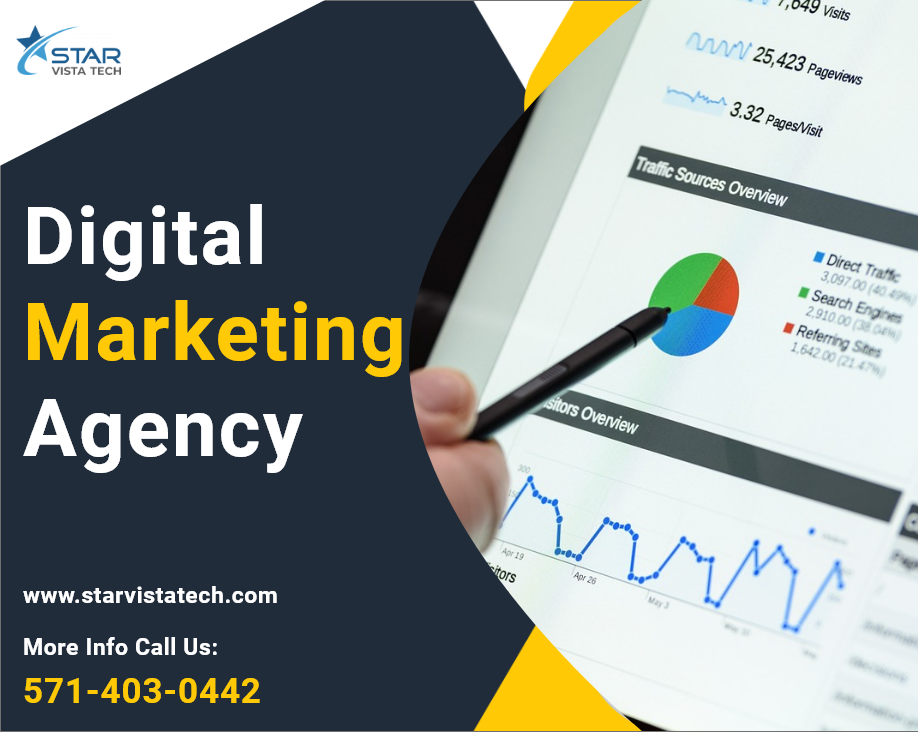
Digital marketing refers to the use of digital channels, platforms, and technologies to promote and advertise products, services, or brands to a target audience. It encompasses a broad range of online marketing activities aimed at reaching and engaging consumers through digital mediums. Digital marketing leverages the internet, electronic devices, and various online platforms to connect with potential customers. Here are some key components of digital marketing:
Search Engine Optimization (SEO): The practice of optimizing online content to improve its visibility in search engine results. The goal is to attract organic (non-paid) traffic to a website.
Search Engine Marketing (SEM) / Pay-Per-Click (PPC): Paid advertising on search engines. Advertisers bid on keywords, and their ads are displayed when users search for those keywords. Advertisers pay a fee each time their ad is clicked.
Social Media Marketing (SMM): Promoting products or services on social media platforms to increase brand awareness, drive traffic, and engage with the audience. This includes both organic (non-paid) and paid social media activities.
Content Marketing: Creating and distributing valuable and relevant content to attract and retain a target audience. Content marketing aims to provide useful information, answer questions, and build trust with potential customers.
Email Marketing: Sending targeted and personalized emails to a group of people with the goal of promoting products, maintaining customer relationships, or sharing valuable content.
Affiliate Marketing: Partnering with affiliates (individuals or other businesses) who promote products or services and earn a commission for each sale or action generated through their marketing efforts.
Influencer Marketing: Collaborating with influencers (individuals with a large and engaged following on social media) to promote products or services to their audience.
Online Public Relations (PR): Managing and enhancing a brand’s online reputation through various digital channels. This includes monitoring online reviews, addressing customer feedback, and maintaining a positive brand image.
Web Analytics and Data Analysis: Using analytics tools to track and analyze the performance of digital marketing campaigns. This involves measuring key performance indicators (KPIs) to assess the effectiveness of marketing strategies.
Mobile Marketing: Optimizing marketing strategies for mobile devices, such as smartphones and tablets. This includes mobile advertising, responsive website design, and mobile app marketing.
Digital marketing is dynamic and continually evolving, influenced by changes in technology, consumer behavior, and the digital landscape. Successful digital marketing strategies often involve a combination of these components, tailored to the goals and target audience of a particular business.
